House transportation appropriations bill repudiates administration effort to eliminate transit funding
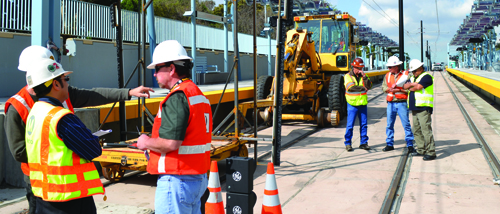
The House took their first step toward approving a transportation funding bill for the next fiscal year (FY20), and it contains mostly good news for transportation, as well as another repudiation of the administration’s attempts to eliminate funds for expanding and improving transit.
The inside scoop on Repair Priorities 2019
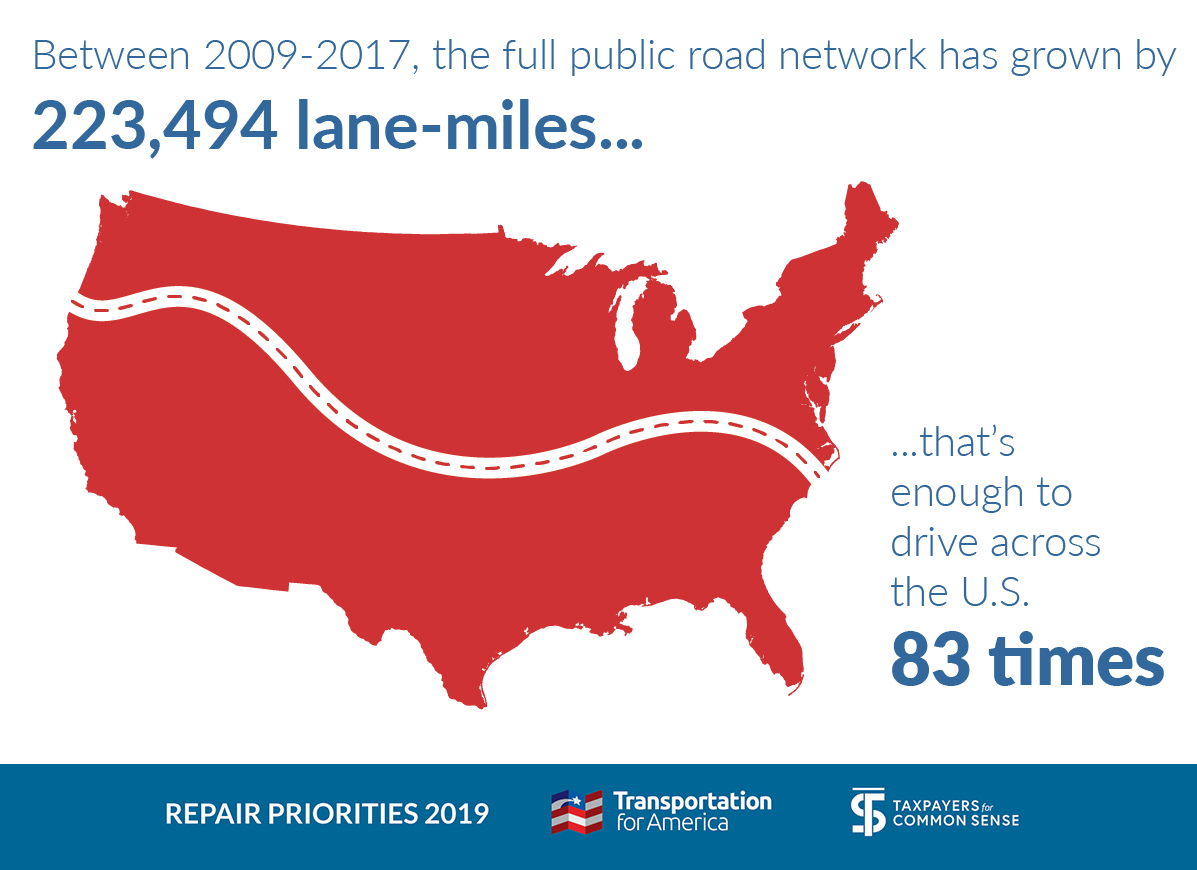
After the release of Repair Priorities 2019, we hosted a webinar in partnership with Taxpayers for Common Sense to talk about the findings and recommendations of our new report.
Local business groups fight for public transit
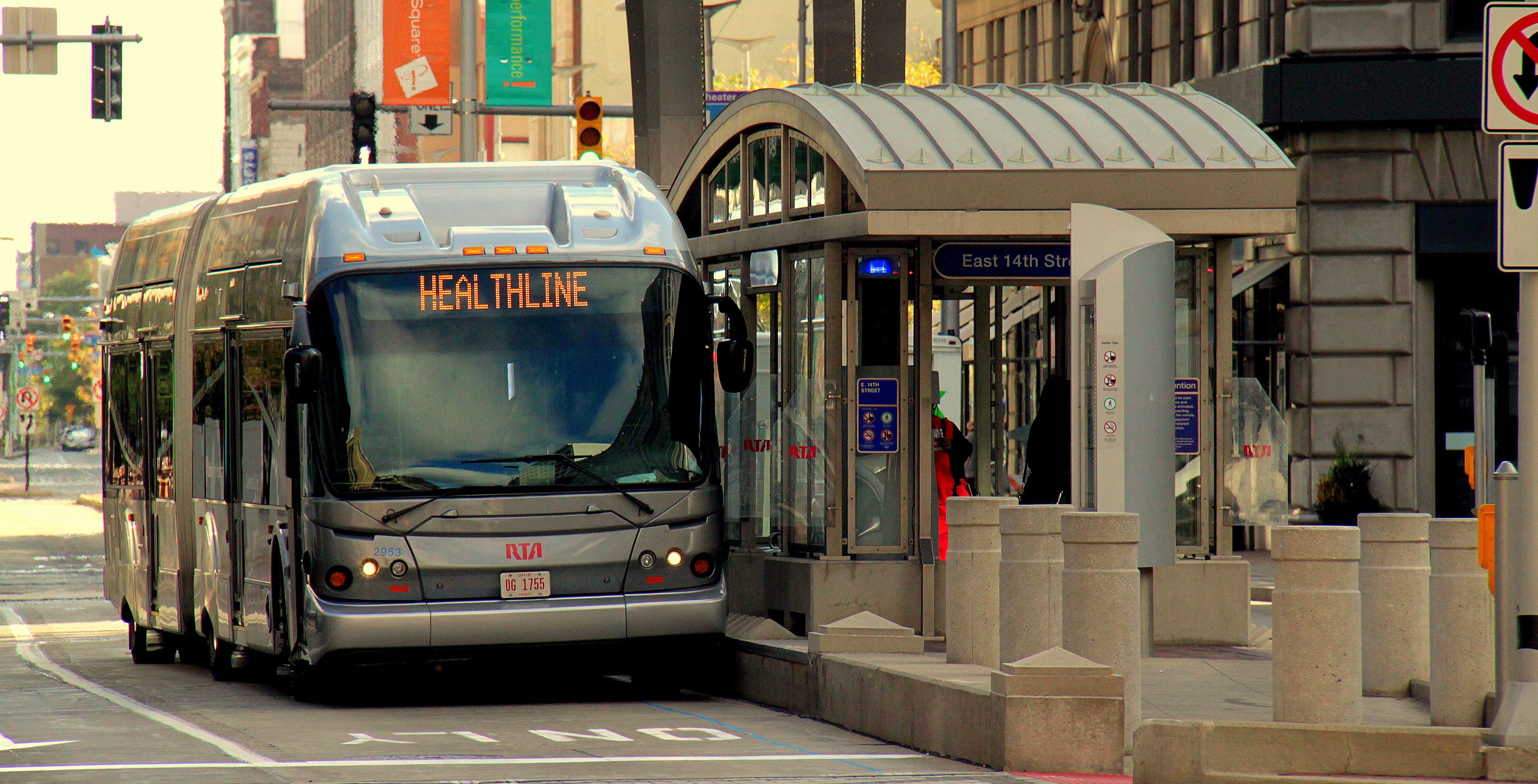
Twenty-five chambers of commerce and other organizations representing local business interests across the country have formed Chambers for Transit, a coalition facilitated by Transportation for America to fight for more federal support for transit.
In the Washington Post: Let’s skip the infrastructure spending spree
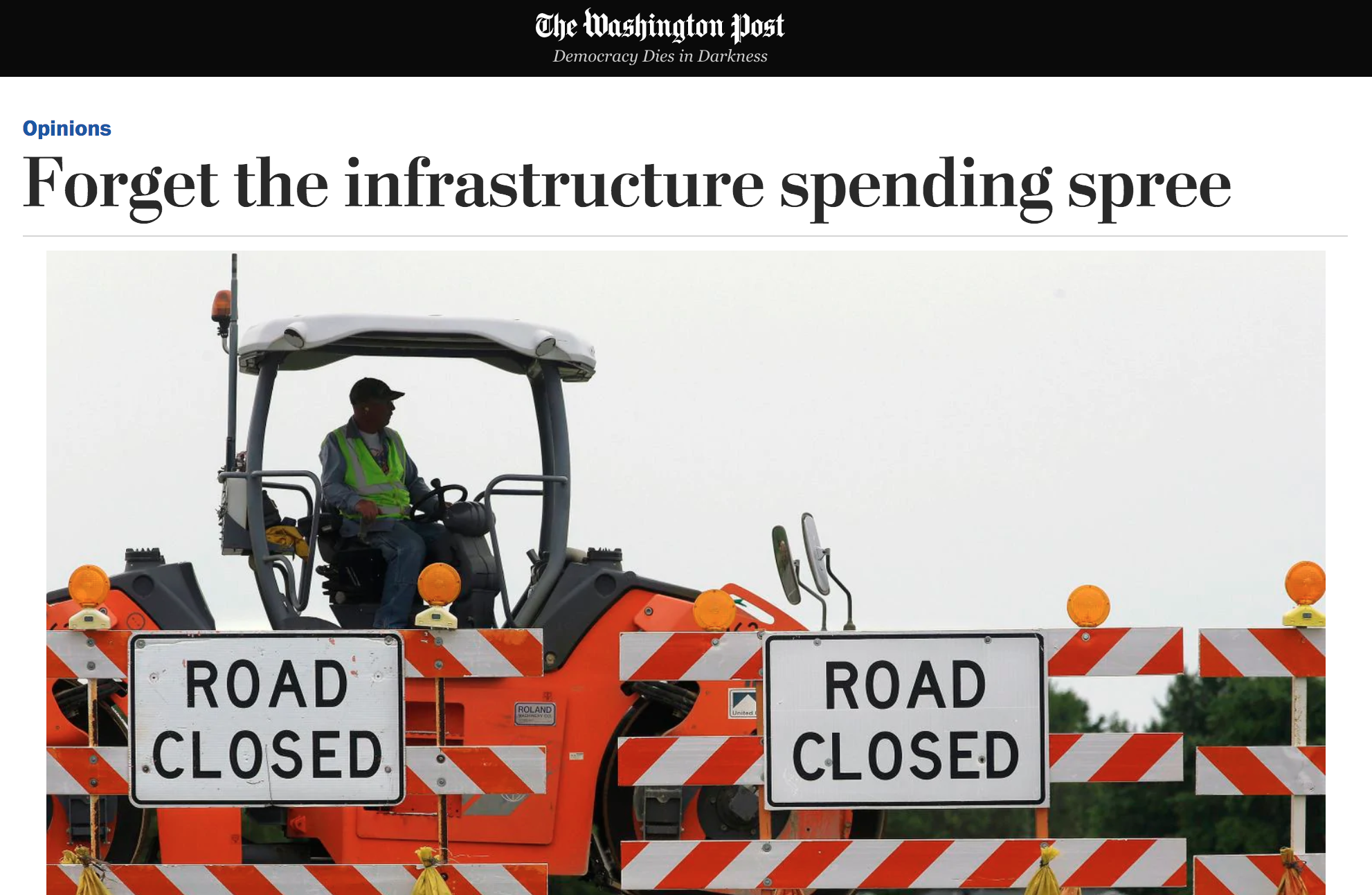
A new opinion piece in the Washington Post takes a contrarian view of all the talk about money during Infrastructure Week. Let’s skip the infrastructure plan and focus on policy, because without good policy more spending could actually do more harm than good.
Repair Priorities 2019 is here — and it shows that more money won’t fix our infrastructure problems
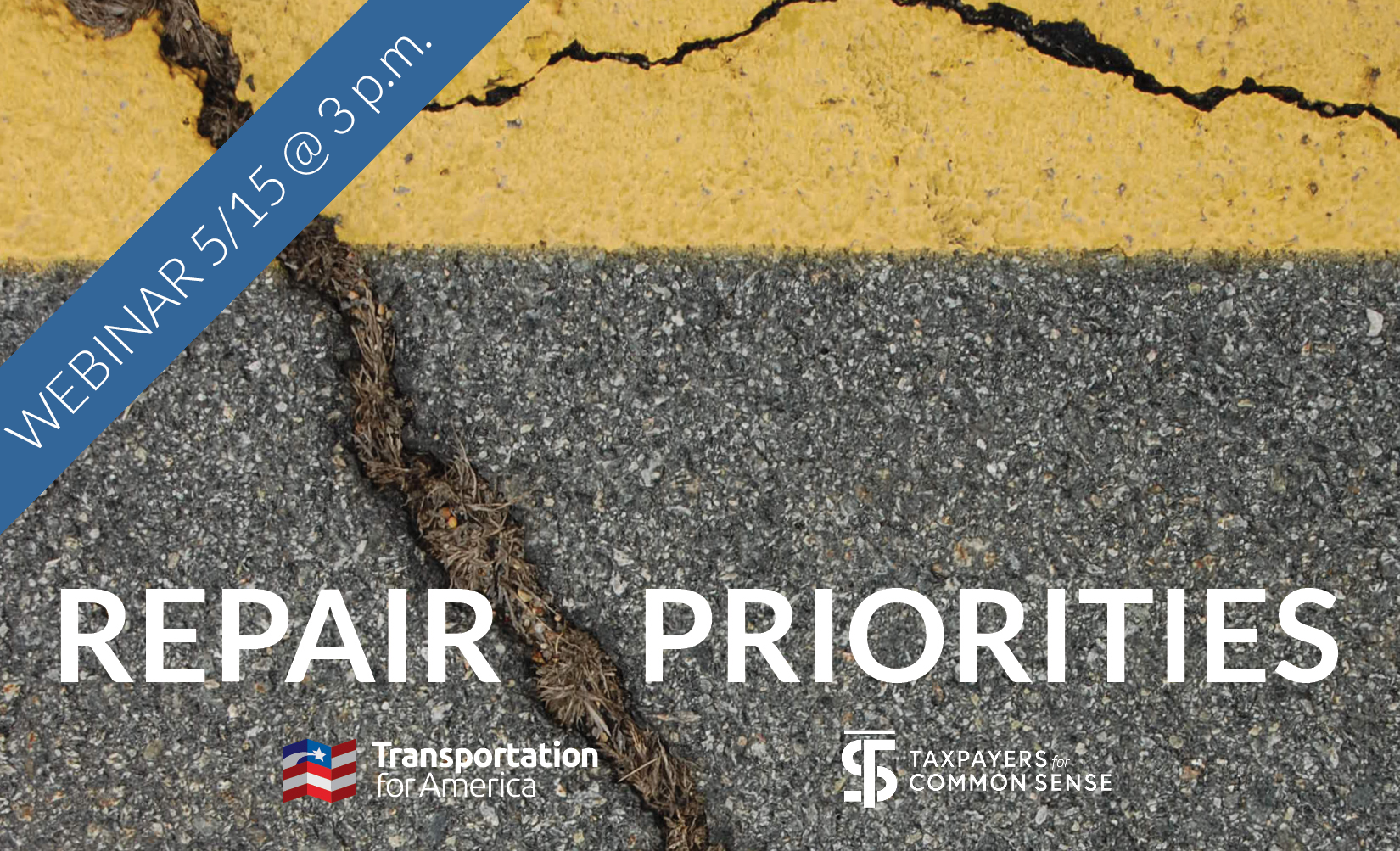
It’s infrastructure Week again and politicians are back at it, bemoaning our “crumbling roads and bridges” and insisting we must spend more to fix the problem. But we’ve got some cold water to throw on this pity party: Despite more transportation spending over the last decade, the percentage of the roads nationwide in “poor condition” increased from 14 to 20 percent.
New report chronicles how the nation’s road conditions have worsened as many states prioritize expansion instead of repair
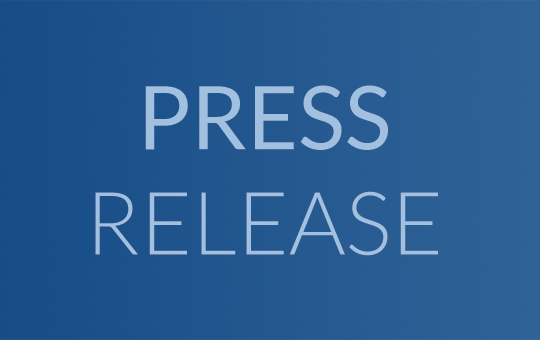
WASHINGTON, DC — Repair Priorities 2019, a new report released today by Transportation for America and Taxpayers for Common Sense, shows that, despite more spending, the percentage of the roads nationwide in “poor condition” increased from 14 percent to 20 percent and 37 states saw the percentage of their roads in poor condition increase from 2009-2017.
Did you know that it’s Infrastructure Week once again?
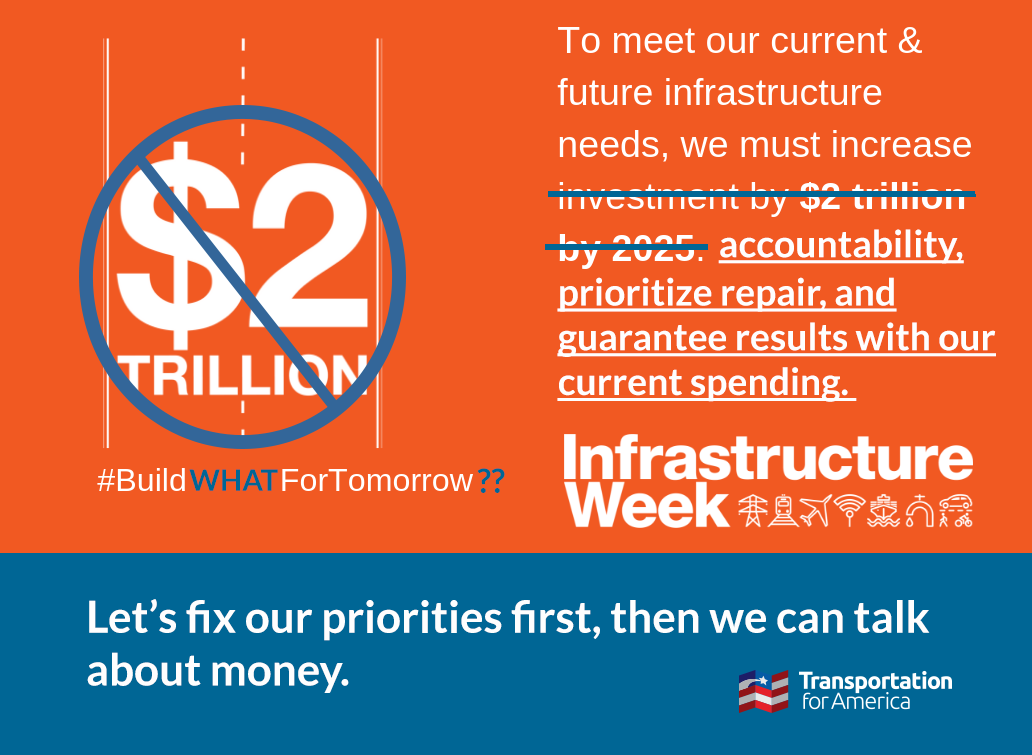
After two solid years of everyone in Washington, DC talking nonstop about a standalone infrastructure bill to pump trillions into America’s infrastructure, we’d understand if you weren’t aware that the last Infrastructure Week ever ended.
Are we creating assets or liabilities?
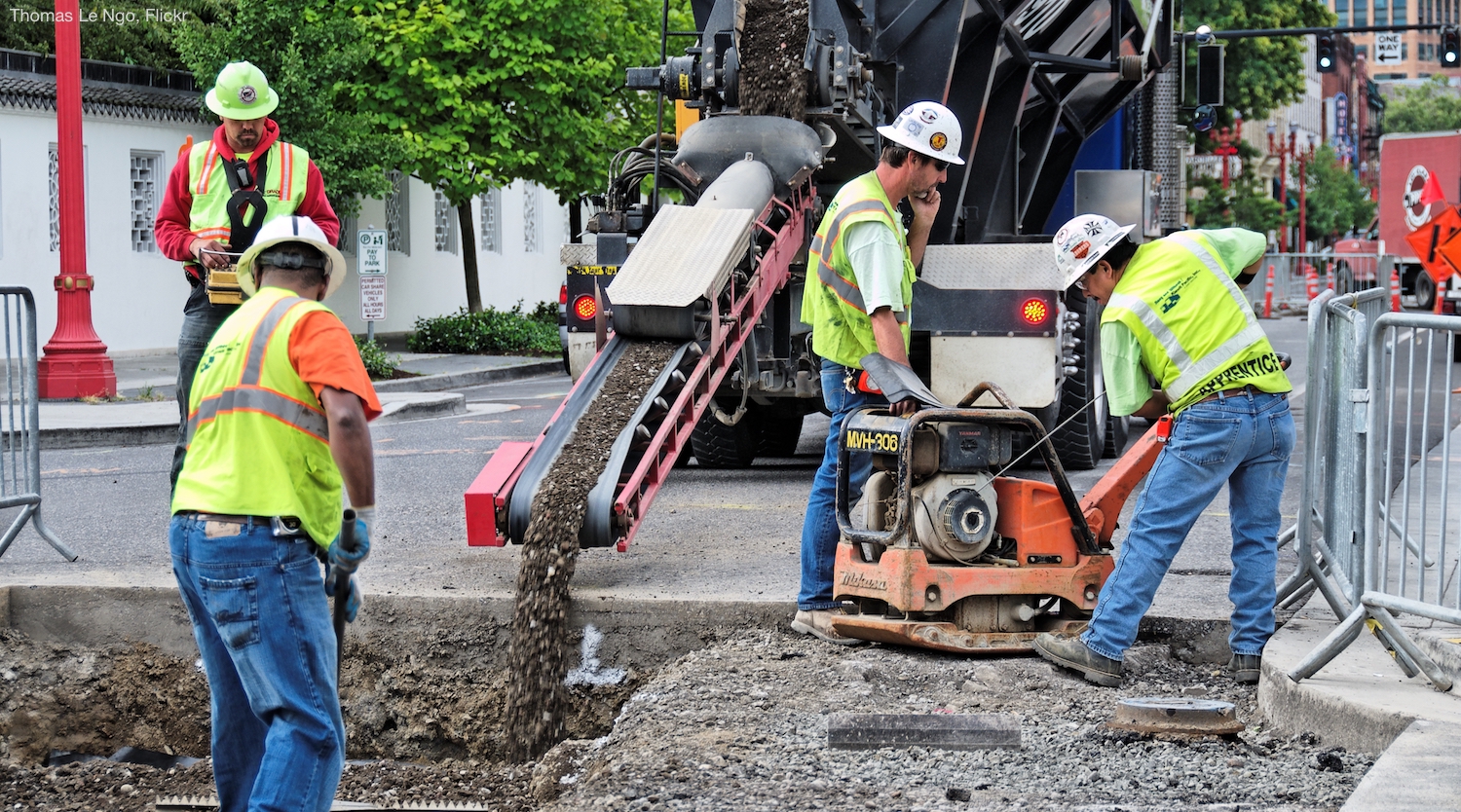
New roads are often considered new assets, but by ignoring repair many states have let those assets become liabilities—as our upcoming Repair Priorities report shows.
Is repair actually a priority?
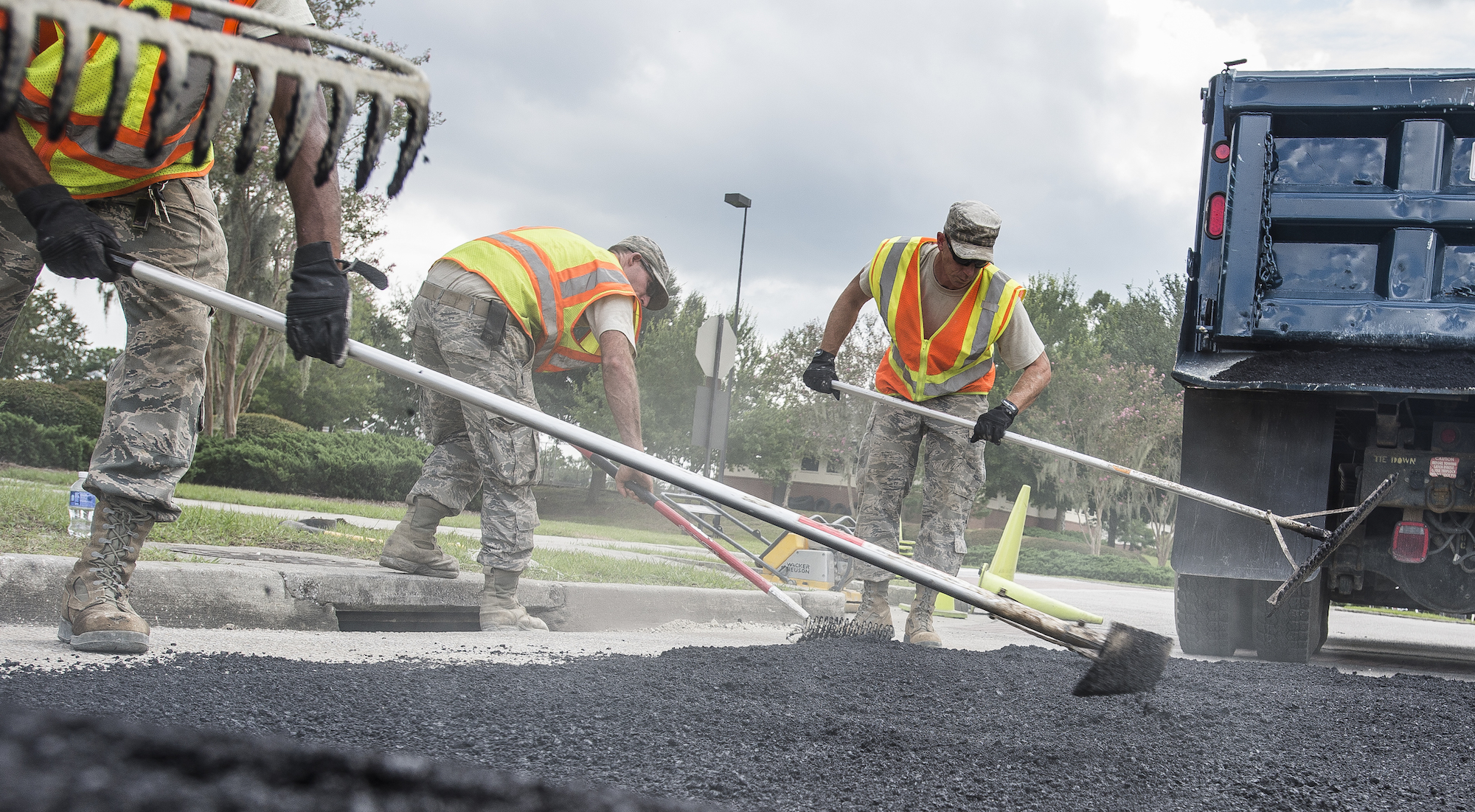
While politicians are focused on how much more funding we should give to infrastructure, our upcoming report sheds light on how states are using existing funding for repair vs. new roads and how policy can get the nation back on track.
How TIGER/BUILD can help improve the federal transportation program
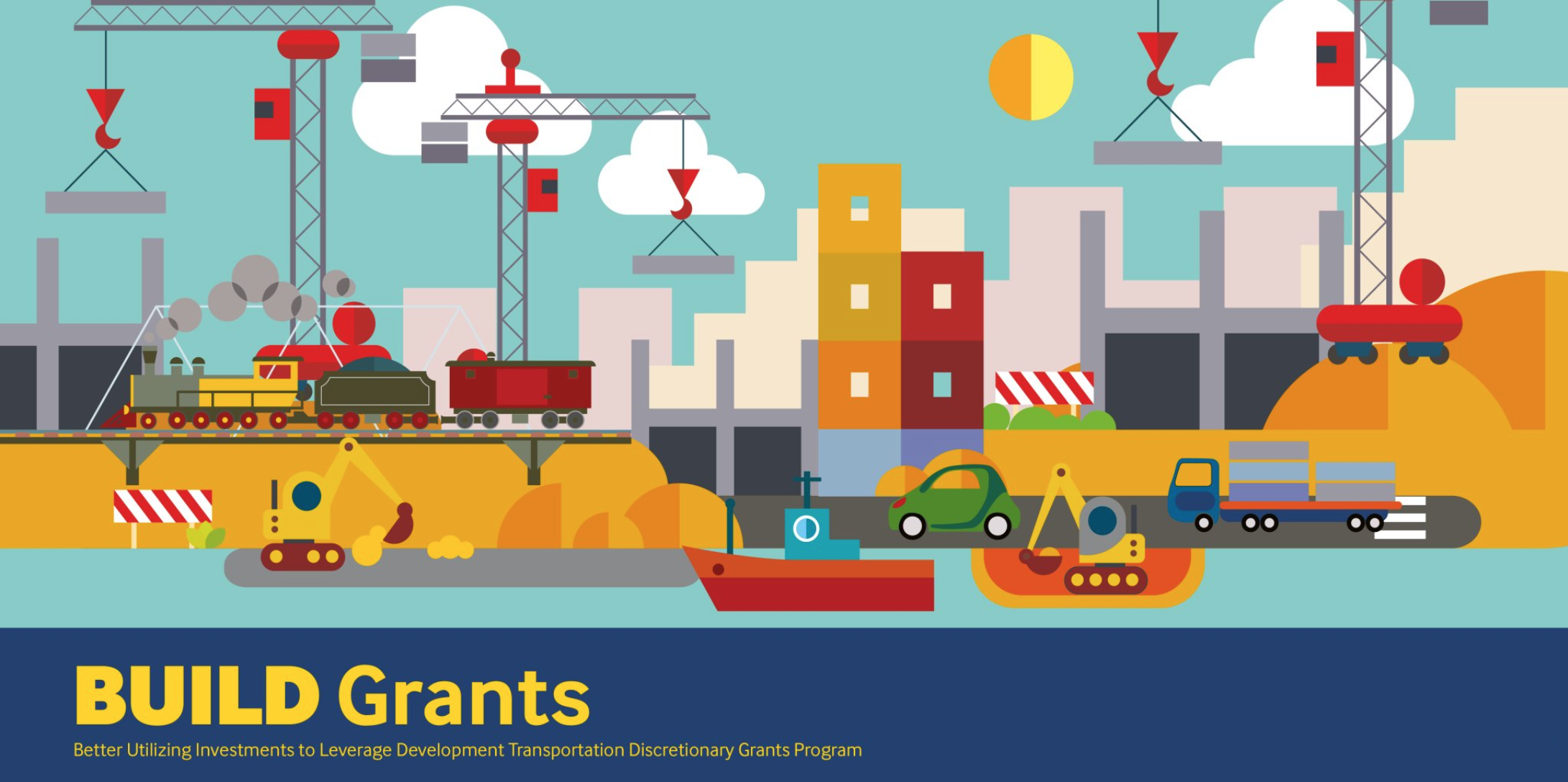
The third and final part of our analysis of 10 years of awarding transportation funds competitively through the TIGER/BUILD program illuminates three simple principles that should help guide reform of the federal transportation system.
If verbal gymnastics was an Olympic sport, USDOT would take a medal
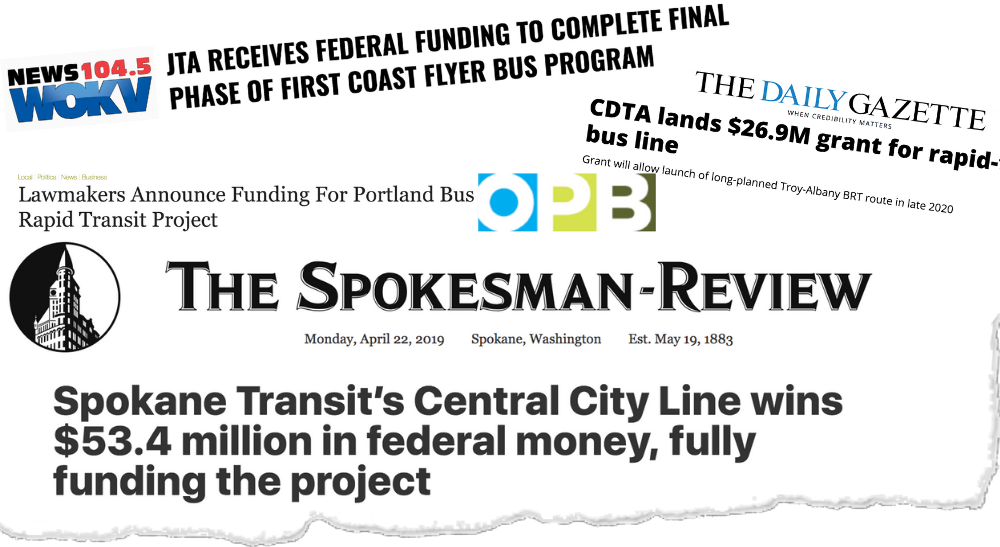
A deceptive announcement by USDOT two weeks ago resulted in mistaken headlines across the country giving credit to USDOT and the Federal Transit Administration (FTA) for “awarding” funding to a number of transit projects. A closer read reveals that USDOT didn’t actually distribute or award a single dime to advance new transit projects.
BUILDing a better competitive grant program, in 5 steps

Under President Trump, USDOT has hijacked the TIGER/BUILD competitive grant program, taking it far from its intended function. After a decade of experience with the program there are a number of simple steps that lawmakers could take to get it back on track and even improve it.
Taming the TIGER: Trump turns innovative grant program into another roads program
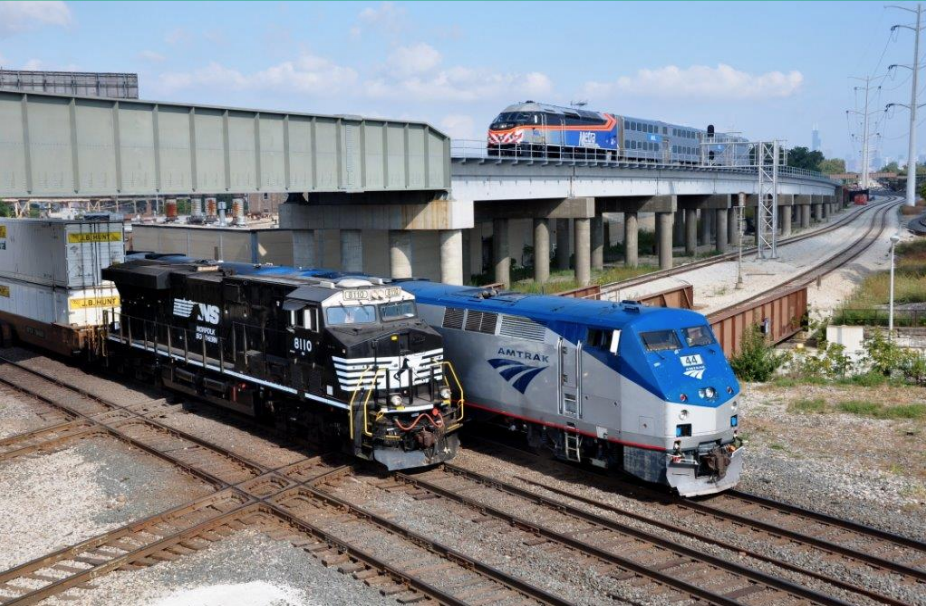
Under President Trump, the U.S. Department of Transportation has effectively turned the formerly innovative BUILD program—created to advance complex, hard-to-fund projects—into little more than a rural roads program, dramatically undercutting both its intent and utility.
KC Streetcar supports jobs locally and across the U.S.
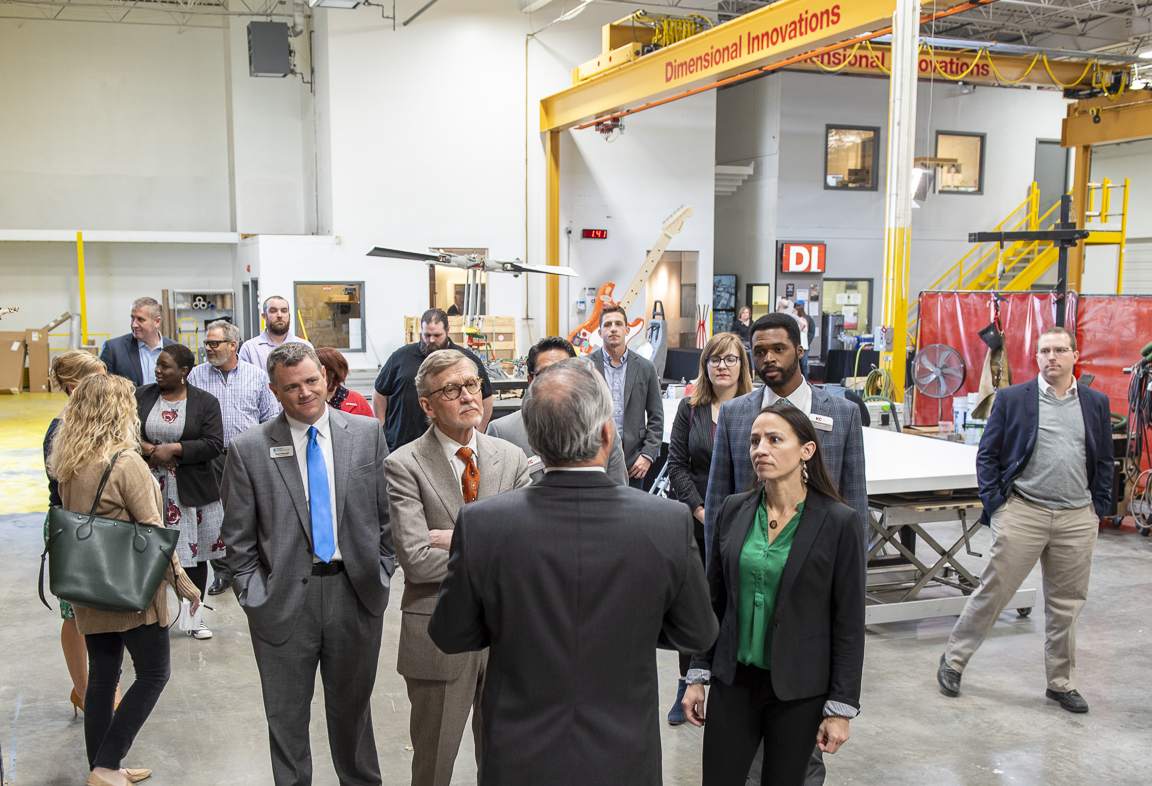
Last month Transportation for America’s Chairman John Robert Smith traveled to Overland Park, KS to discuss the economic impact of public transportation dollars on local manufacturing jobs with state and local leaders. Local manufacturer Dimensional Innovations (DI) hosted the event at their facility where attendees saw the recently constructed shelters destined for the Kansas City Streetcar. Transit shelters are one part of the transit supply chain with over 20 percent of DI’s business stemming from public transportation.
New yearlong fellowship will help individuals build skills in creative placemaking and transportation planning

T4America is proud to announce the creation of a new yearlong Arts, Culture, and Transportation (ACT) Fellowship to help those already working at the nexus of arts and transportation take their work to the next level.
Washington State Department of Transportation announces the selection of two artists to serve in the country’s first statewide artist-in-residence program
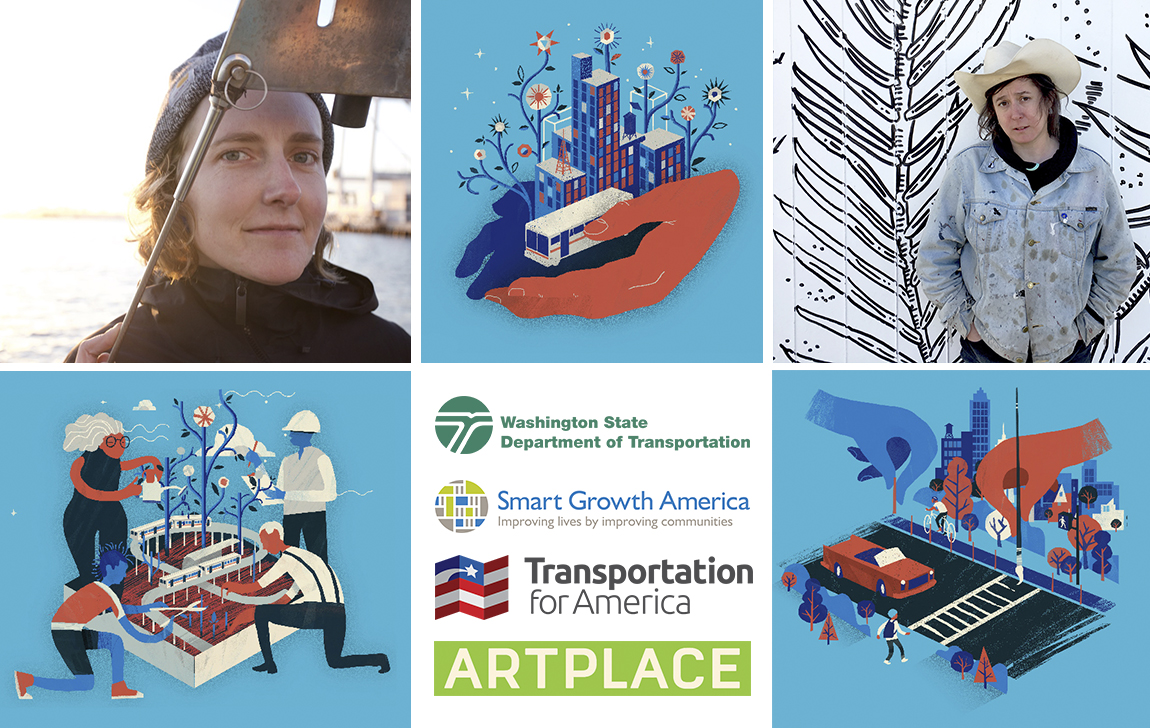
With today’s announcement that Kelly Gregory and Mary Welcome have been selected to serve as artists-in-residence with WSDOT for a year, Washington becomes the first state to embed an artist in a statewide agency.
Get to know Washington state’s new artists-in-residence

We announced earlier today that Kelly Gregory and Mary Welcome have been selected to serve as artists-in-residence with the Washington State Department of Transportation (WSDOT) in a new fellowship program created by ArtPlace America and T4America, bringing a dose of creativity to the statewide transportation agency. Get to know this team of two artists with this brief Q&A.
Minnesota Department of Transportation to host a Community Vitality Fellow to advance transportation goals
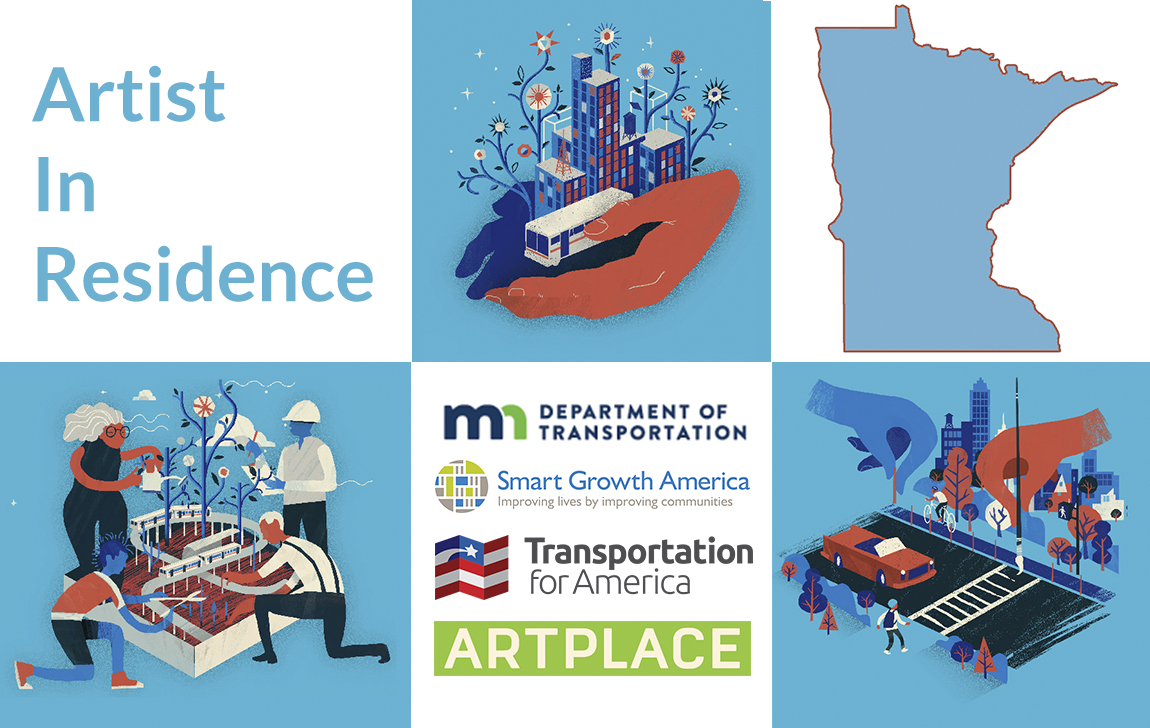
Minnesota Department of Transportation joins Smart Growth America’s artist-in-residence program, by hosting a Community Vitality Fellow to creatively meet the agency’s goals of promoting economic vitality, improving safety, supporting multimodal transportation systems and creating healthier communities.
Uber and Lyft fight local control over city streets in Oregon
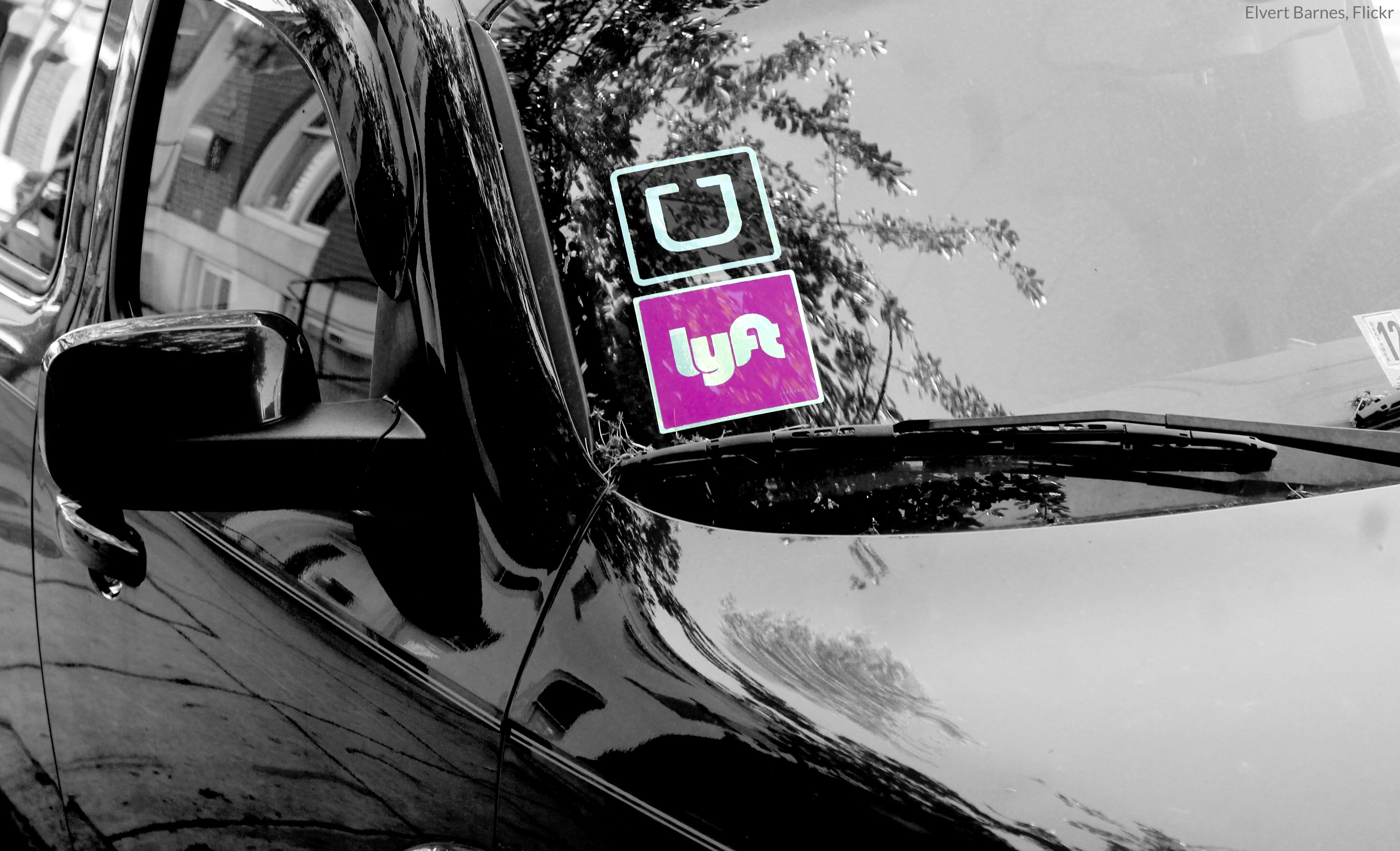
A bill in the Oregon state house would preempt local control over transportation network companies (TNCs) like Uber and Lyft. While cities have historically had the ability to manage vehicles on their streets to address congestion, improve access, ensure safety, and raise revenues, aggressive lobbying from TNCs has resulted in a number of states preempting local control. Such state bills should be carefully crafted to preserve city authority over the safe and efficient operation of their streets.
President’s budget dramatically cuts transit grants while USDOT sits on billions of unobligated funds.
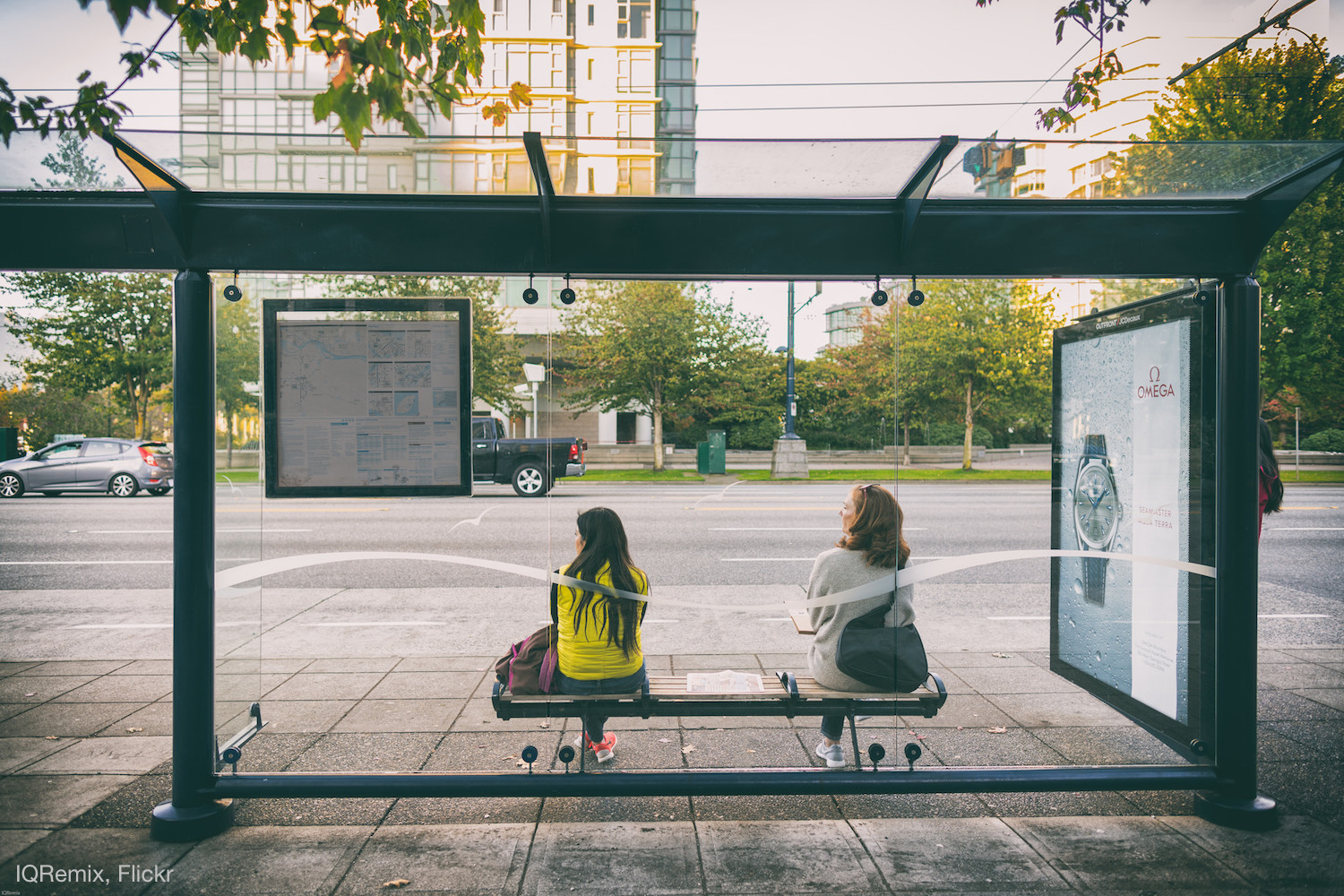
President Trump’s just-released 2020 budget would cut federal transit capital grants by $1 billion. Although this is a slight improvement from the administration’s past efforts to eliminate all funding for new transit projects, it comes after a backlash against USDOT—stoked by Transportation for America’s ‘Stuck in the Station’ resource—for failing to administer the grant program in good faith and in a timely fashion.



















